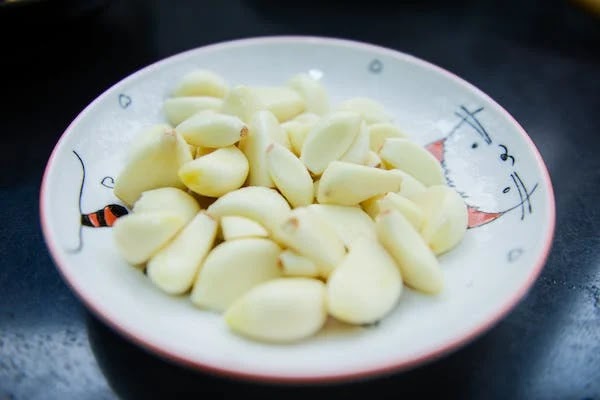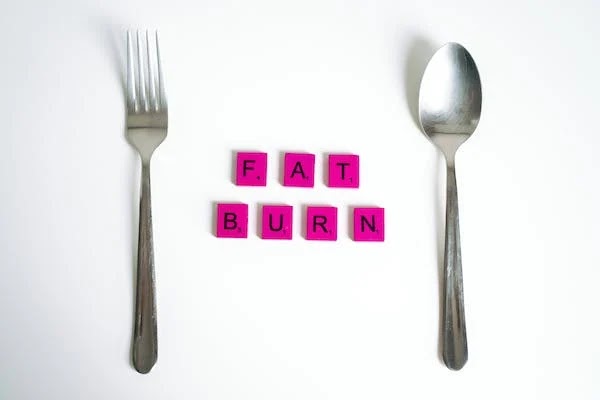How to Lose Weight Fast?
In today’s fast-paced world, losing weight quickly and effectively has become a goal for many people. While there’s no shortage of fad diets and quick-fix solutions, our approach focuses on safe, healthy, and sustainable methods for rapid weight loss. In this guide, we’ll explore key strategies to help you shed pounds quickly, covering essential aspects of nutrition, exercise, and lifestyle habits that support fast and effective weight loss.
Why Is It Important to Lose Weight Safely?
Rapid weight loss can be effective, but when approached incorrectly, it can have long-term negative impacts on health. Fast and unsafe weight loss methods often lead to nutrient deficiencies, muscle loss, and a slowed metabolism. By focusing on healthy methods, we ensure that your body receives the necessary nutrients and energy, enhancing overall well-being and ensuring sustainable weight management.
1. Understanding Your Caloric Needs
Calculate Your Basal Metabolic Rate (BMR)
The first step in any weight-loss journey is understanding your basal metabolic rate (BMR). This is the number of calories your body needs to maintain basic functions like breathing and digestion. Calculating your BMR can help determine how many calories you need to cut or burn to lose weight.
- Calculate Your BMR: Various online calculators can help, or you can use the formula based on age, weight, and height.
- Set a Daily Caloric Deficit: To lose weight, aim for a caloric deficit of 500-1,000 calories per day, which can help you lose 1-2 pounds per week.
2. Focus on High-Protein, Low-Carbohydrate Diets
Benefits of High-Protein Diets
Protein-rich diets are ideal for fast weight loss as they promote satiety, reduce cravings, and help preserve muscle mass during caloric restriction. Protein also has a high thermic effect, meaning the body uses more energy to digest it.
Reduce Carbohydrate Intake
Carbohydrates, especially refined sugars and processed carbs, can cause insulin spikes and increase fat storage. By reducing your carb intake, you’ll also help stabilize blood sugar levels and encourage your body to burn stored fat for energy.
Suggested Protein Sources:
- Lean meats: Chicken breast, turkey, and lean beef
- Fish: Salmon, mackerel, and tuna
- Plant-based proteins: Beans, lentils, and tofu
Low-Carb Vegetables:
- Leafy greens: Spinach, kale, and Swiss chard
- Cruciferous vegetables: Broccoli, cauliflower, and Brussels sprouts
- High-fiber options: Zucchini, peppers, and cucumbers
3. Incorporate Intermittent Fasting
Intermittent fasting (IF) is a powerful tool for rapid weight loss. It involves cycling between periods of eating and fasting, which helps boost metabolism, improve insulin sensitivity, and promote fat burning.
Popular Intermittent Fasting Methods:
- 16/8 Method: Fast for 16 hours and eat within an 8-hour window.
- 5:2 Diet: Consume 500–600 calories on two non-consecutive days of the week.
- Eat-Stop-Eat: Fast for 24 hours once or twice a week.
Intermittent fasting is an effective strategy that, when combined with a balanced diet, can help you reach your weight-loss goals faster.
4. Prioritize Strength Training and High-Intensity Interval Training (HIIT)
Exercise plays a significant role in weight loss, particularly when it involves strength training and high-intensity interval training (HIIT). These types of exercises increase muscle mass, improve metabolism, and enhance fat burning.
Strength Training
Strength training helps build lean muscle, which burns more calories at rest. Focus on compound exercises like squats, deadlifts, and bench presses to target multiple muscle groups and maximize calorie burn.
High-Intensity Interval Training (HIIT)
HIIT involves short bursts of intense activity followed by rest periods. This type of workout keeps your metabolism elevated for hours after exercising, promoting fat loss even after you’ve finished working out.
Suggested Workout Plan:
- Strength training: 3-4 days per week focusing on major muscle groups
- HIIT sessions: 2-3 times per week, with exercises like sprints, jumping jacks, and burpees
5. Drink Plenty of Water
Water is essential for weight loss and overall health. It aids in digestion, helps you feel full, and plays a role in metabolic processes. Drinking water before meals can also reduce your calorie intake by making you feel fuller.
How Much Water Should You Drink?
Aiming for at least 8 glasses of water per day is a good start. However, active individuals or those engaging in intense workouts may need more to stay hydrated.
6. Get Enough Sleep
Sleep is often underestimated in its importance to weight loss. Poor sleep quality can disrupt hormones that regulate hunger and satiety, leading to overeating and cravings for unhealthy foods.
Tips for Better Sleep:
- Establish a Routine: Go to bed and wake up at the same time daily.
- Limit Screen Time: Avoid screens an hour before bed to improve sleep quality.
- Create a Relaxing Environment: Darken the room, set a cool temperature, and eliminate noise to encourage restful sleep.
Aim for at least 7-8 hours of sleep per night to support weight-loss goals.
7. Reduce Stress Levels
Chronic stress triggers the release of cortisol, a hormone that can lead to increased appetite and fat storage, especially in the abdominal area. Managing stress effectively can aid in weight loss and improve overall well-being.
Effective Stress-Reduction Techniques:
- Meditation and Mindfulness: Practicing mindfulness can help reduce stress and improve focus.
- Physical Activity: Exercise releases endorphins, which reduce stress levels.
- Prioritize Self-Care: Engaging in hobbies, spending time with loved ones, or reading can promote relaxation.
8. Avoid Sugary Beverages and Processed Foods
Sugary drinks, such as sodas and juices, are high in empty calories that contribute to weight gain. Processed foods, which are often loaded with sugars and unhealthy fats, can hinder weight loss efforts.
Opt for Healthier Alternatives:
- Instead of soda: Choose sparkling water with a splash of lemon.
- Instead of sugary snacks: Go for fruits, nuts, or yogurt.
Reducing your intake of processed foods and sugary drinks will help you stay in a caloric deficit and accelerate weight loss.
9. Track Your Progress and Stay Consistent
Consistency is crucial in any weight-loss journey. Tracking your progress can help keep you motivated and identify areas where you may need to make adjustments.
Tips for Tracking Progress:
- Use a food journal: Log your meals to keep track of calorie intake.
- Track physical measurements: Measure areas like your waist, hips, and arms.
- Record workout progress: Document your performance to see improvements over time.
By monitoring your progress, you can make informed decisions and stay motivated on your weight-loss journey.
Conclusion
Losing weight fast is achievable when you prioritize a healthy diet, regular exercise, and lifestyle habits that support your body’s natural processes. Combining high-protein diets, intermittent fasting, strength training, and proper hydration can create a powerful routine for rapid and sustainable weight loss. Remember, consistency is the key to success. Implement these strategies with dedication, and you’ll be on your way to reaching your weight-loss goals.

.jpg)




.webp)
